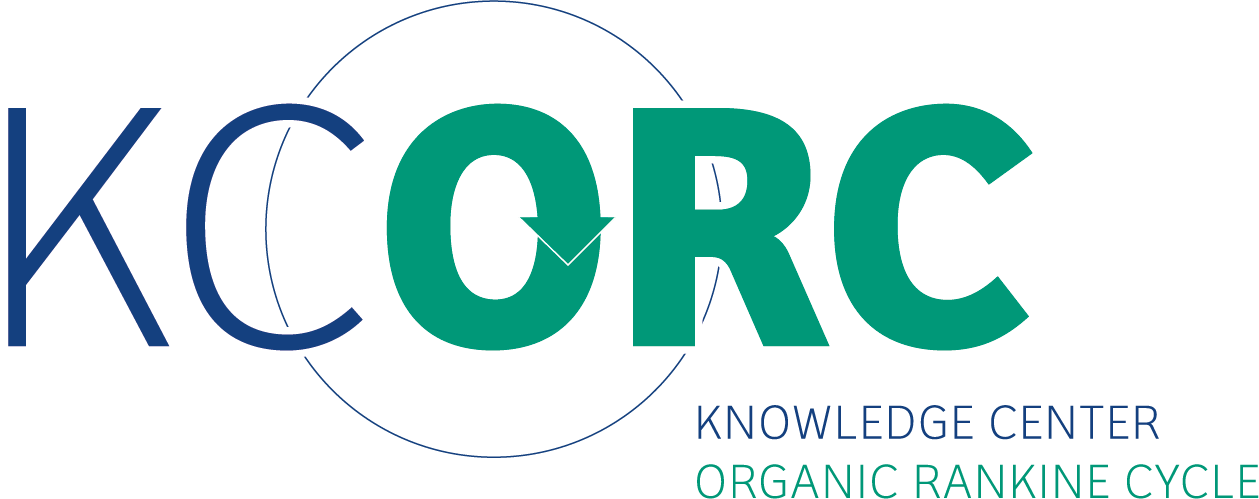Novel Electrically Driven Environmental Control System for Aircraft

Project website: CS research at the Propulsion and Power group of TU Delft
Time period: May 2019 to April 2024
Funder: Aeronamic, Netherlands Organization for Scientific Research (NWO) (Grant agreement ID: 17439)
Total budget: 1,433,234 EUR
Short description:
The aviation sector is under increasing pressure to improve aircraft fuel efficiency for economic, environmental and societal reasons. The environmental control system (ECS) is the largest auxiliary power consumer (up to 1.5% of engine power), and as such it has been the target of aggressive R&D activities leading to new more electric system configurations for the most modern airliners (i.e. Boeing 787). However, it is speculated that much larger performance gains can be achieved if the conventional air cycle of the ECS is exchanged for a more efficient vapor cycle. The goal of this project is to demonstrate that a novel disruptive ECS based on an inverse organic Rankine vapor-compression cycle (VC) can increase the efficiency of the thermodynamic cycle and save fuel. At the core of this system is an innovative high-speed radial compressor technology under development at Aeronamic. Although this compressor has demonstrated very promising characteristics, the entire system has not been studied yet. The newly conceived system can lead to an improvement in thermodynamic efficiency of one order of magnitude compared to current air-cycle machines, increasing the coefficient of performance from ~0.5 to ~4 at peak efficiency conditions. However, several key challenges still need to be overcome in order to advance to the next phase of product development, namely:
- what is the optimal configuration of an actual vapor compression system in terms of efficiency-to-weight ratio and efficiency-to-volume ratio?
- what is the optimal working fluid?
- what is the performance advantage over typical aircraft missions compared to current air-cycle technology?
An available cutting-edge, validated, in-house software environment will be further developed in order to perform VC system configuration and design studies. Improvements, additions and modifications will be carried out in collaboration with Asimptote and under directives of Aeronamic. New 3M working fluids will be considered in the simulations, and new mixtures will be modelled in order to obtain the desired thermophysical properties. A new experimental apparatus implementing relevant thermodynamic cycle configurations will be designed and realized. The main objectives of this test rig will be the validation of
the models and the study of how the system can be controlled. The models of the best VC systems will be incorporated into an in-house aircraft design and simulation program to evaluate the performance gains for aircraft ranging in size from small to very large.
Partners:
- Delft University of Technology – Propulsion and Power (coordinator) – NL
- Aeronamic – NL
- 3M – DE/NL
- Airbus Helicopters – FR
- Asimptote – NL
- VITO – BE
- NLR (Netherlands Aerospace Center) – NL
- AKG – DE

